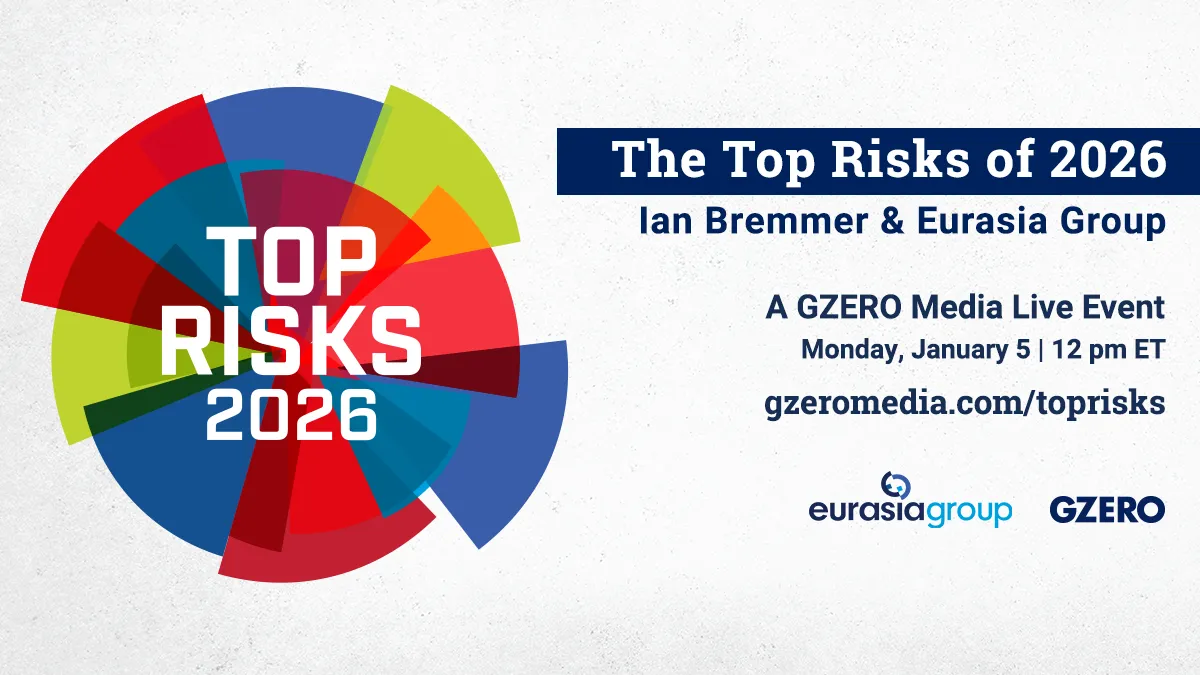What's Good Wednesdays
September 19, 2023
Watch: In the spirit of the United Nations General Assembly, check out Netflix’s 2016 “The Siege of Jadotville.” Based on a true story, an Irish unit sent on a UN peacekeeping mission in what is now the Democratic Republic of Congo finds itself surrounded and outgunned. A riveting story, even if it doesn’t portray the UN in the best light. — Matt Kendrick
Read: The Fight to Vote by Micheal Wadman– to learn that there has never actually been a constitutional right to vote in the US. The book traces the history of voting rights from the Founders’ earliest debates up to the present day, and has a lot to say about the future of voting and American democracy. – Riley
Understand: How the World Really Works. Czech-Canadian energy expert Václav Smil isn’t a skeptic about climate change. But he has a problem with a lot of climate policy. The modern world, he argues in his best-seller How the World Really Works, depends on vast quantities of steel (for manufacturing), ammonia (for food production), cement (for building), and plastics (for just about everything you use or touch) — and without fossil fuels it is (so far) completely impossible to produce these four things at scale. Promises of complete “decarbonization” are, in his view, not only unrealistic, but unfair to developing countries. Curmudgeonly clapback or constructive reality check? You decide. -AlexMore For You
Of all the threats to the world, what are the top 10 most urgent global risks for 2026? On Monday, January 5, at 12 pm ET, join us for a livestream discussion with Ian Bremmer and global experts to discuss the Top Risks of 2025 report from Eurasia Group. This report will mark twenty years of Ian Bremmer’s annual forecast of the political risks that are most likely to play out over the year. Event link: gzeromedia.com/toprisks
Most Popular
- YouTube
Wikipedia cofounder Jimmy Wales explains why a specific page titled “The Gaza Genocide” risks undermining trust with users.
- YouTube
In his latest Quick Take, Ian Bremmer explains a major shift in the Ukraine war: Europe, not the United States, is now driving the strategy.
Chief Superintendent of the police force's National Security Department Steve Li Kwai-wah speaks at the West Kowloon Magistrates' Courts building after the verdict in the national security collusion trial of Jimmy Lai, founder of the now-defunct pro-democracy newspaper Apple Daily, in Hong Kong, China, on December 15, 2025.
REUTERS/Lam Yik
© 2025 GZERO Media. All Rights Reserved | A Eurasia Group media company.
